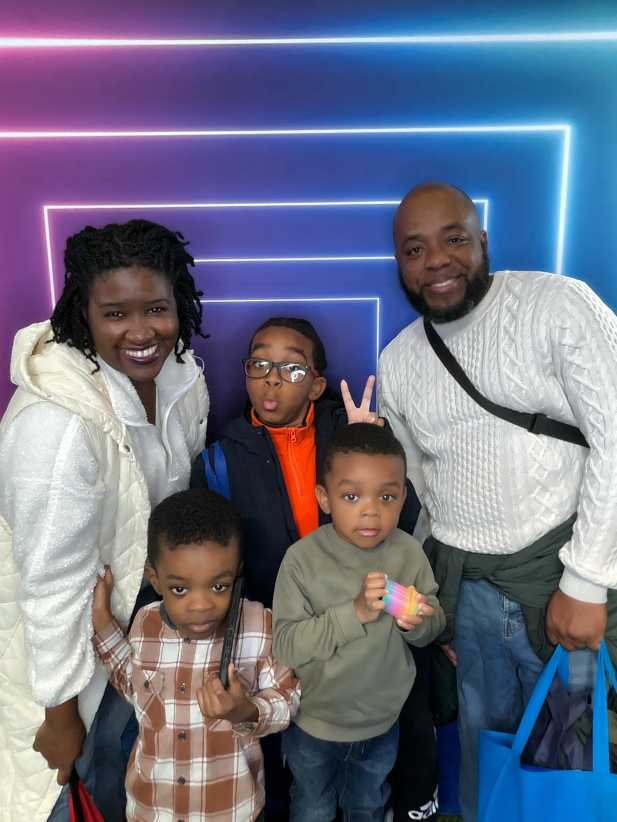Does your child avoid homework or become distressed when that homework involves printing or writing? Does he have an awkward pencil grasp? Is his printing or handwriting difficult to decipher? Can he communicate his ideas verbally, but struggles to organize thoughts on paper? If any of this sounds familiar, your child may have a learning disability called dysgraphia.
Students with learning disabilities have normal intelligence but have difficulty with their brain’s ability to receive, process, store, or analyze information. These disabilities are usually diagnosed after children enter school — when parents and teachers see the gap between affected children and their peers. If not addressed, this gap increases over the years as learning becomes more complex. The sooner children are identified and receive help, the better they do in school and in their social life.
There are three distinct types of dysgraphia: motor, spatial, and processing. Children can have one or more of these types of dysgraphia. Helen Painter, occupational therapist and author of “Dysgraphia: Your Essential Guide,” says that it is crucial to determine which form of dysgraphia your child has so you can choose the appropriate treatment and accommodations.
Motor dysgraphia is the easiest to recognize, as it is when a child struggles due to poor motor skills, such as a poor pencil grasp. Often, a child will be screened and will begin working on those fine motor skills with an occupational therapist. Painter suggests that the motor issue (if it occurs as the only form of the disability) can be almost fixed in a month or two. If issues continue, she says parents should have their child seen by a medical doctor or a psychologist, the professionals who are qualified to assess spatial dysgraphia and processing dysgraphia.
In processing dysgraphia, there is a missing link between working memory and the muscle movements required to do the printing or writing. People with this form say they cannot see the letters or words in their “mind’s eye.” Spatial dysgraphia occurs when the person has difficulty understanding what the eyes are seeing. People with spatial dysgraphia struggle to see how objects are positioned relative to each other and how things are similar or different.
Unfortunately, both spatial and processing dysgraphia remain with children throughout their lives, so parents must work with educators to provide modifications and accommodations.
“It will help your child develop sound study habits and realize this is a condition that can be worked with, and it is not something that needs to be disabling. Today’s children are fortunate to be able to benefit from technology, compared to kids in the past who could only have dreamed of such help,” says Painter.
Despite the availability of a wide array of technology, Painter has noticed that both parents and educators are hesitant to use the technology, because they fear that children will not learn the skills if they use this crutch. Her practical experience disproves this.
“Anybody can succeed if they are given the right tools, lifelong tools. There is no excuse for not helping these kids today,” says Painter.
If you suspect your child may have issues with dysgraphia, have a physician or psychologist perform testing so that your child can get the appropriate support.
Sue LeBreton’s son was finally diagnosed with dysgraphia after many years spent focusing on motor skills. He has both motor and processing dysgraphia and has become a happier, more engaged student with the help of technology.













